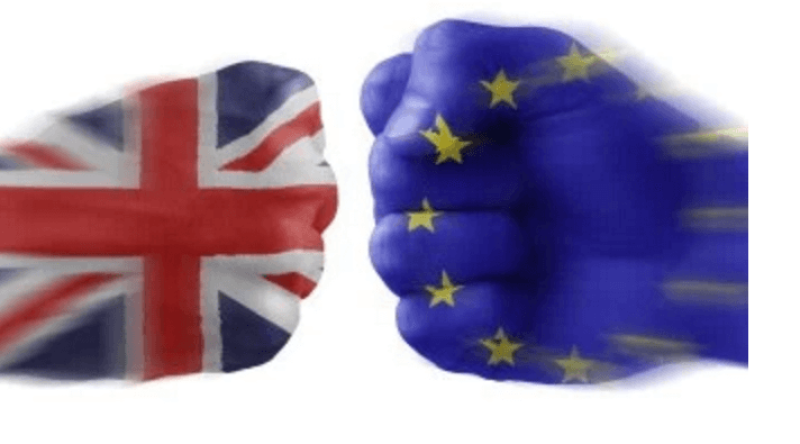Post-Brexit regulation of controversial pesticides including glyphosate and neonicotinoids could be test cases for how far the U.K. is prepared to go in diverging from the European Union.
While the U.K. will no longer officially be part of the European Union …. the U.K. will continue to follow EU rules on pesticide authorizations during a transition period lasting at least through Dec. 31.
But when the transition period ends, the U.K. could choose to go its own way, with big implications for several significant pesticides, namely glyphosate, neonicotinoids, chlorpyrifos, and asulam.
…
Glyphosate will be “an early test of whether the U.K. will diverge” from EU rules, said Alan Speed, spokesman for U.K. industry group the Crop Protection Association. The U.K. government should take a risk-based approach and would be expected to reauthorize the substance in 2022, he said.
In a risk-based system (like in the U.S.), hazardous pesticides can be authorized as long as the risks of exposure to them are minimized. In a hazard-based system (like the EU’s), pesticides are outlawed if their hazards are judged to exceed a safe threshold.































